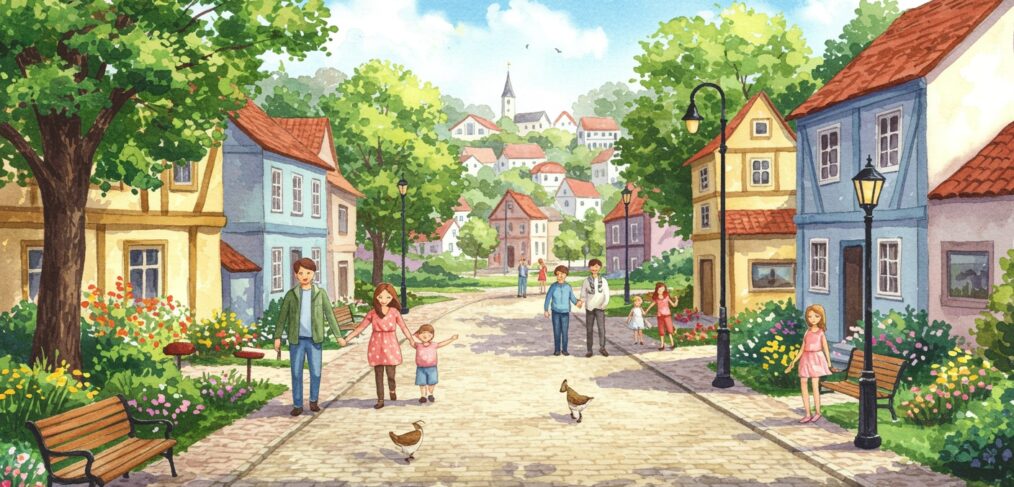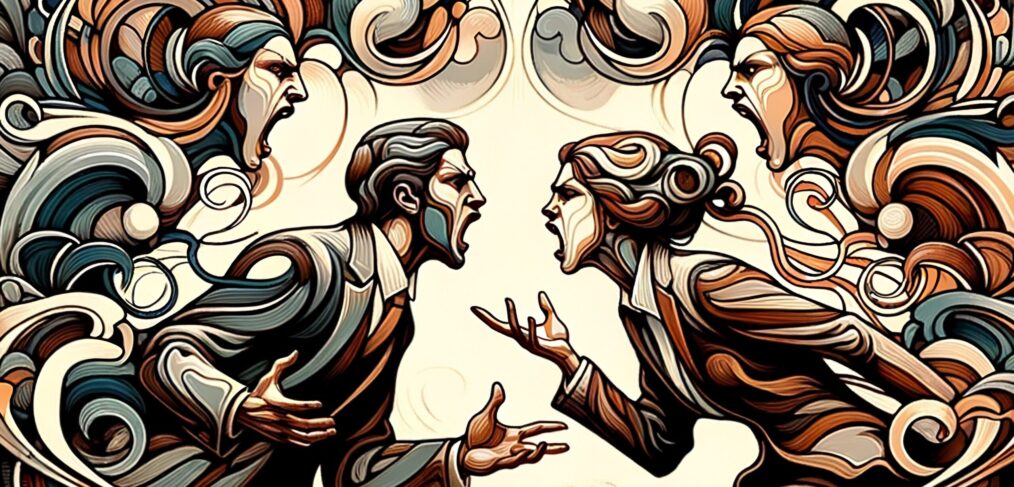Humans are pretty disappointing as a species. Yes, we’ve made technological advances and created artistic marvels, but have we really evolved? In this context, I’m not talking about evolution in the Darwinian sense. I’m using the word generally to describe a balanced progression of the human species that will keep us alive and thriving. While we have seen gains in some areas, there have not been coinciding advances in critical aspects of human nature, such as wisdom and compassion. Without these, we are seriously at risk. We will eventually be doomed due to our passions, combined with our technology. Of course, there are sagacious and compassionate people in this world, but they aren’t involved enough in charting our course as a species or making decisions.
When something ends—a relationship, a passion, a job—we often characterize the experience as a failure. It may have had periods where it was magical and unique, but we emphasize that it is over and how painful that is. Instead of focusing on the wonderful experiences and special memories, we only think about the end and the pain and regret that come with it. It’s important to remember that everything will eventually end, and with the proper perspective, you can make the ending as meaningful as the experience itself.
A good friend of mine died recently, and I was confused about how I handled it. It was a shock for sure, as his passing was unexpected. But then, because he wasn’t part of my day-to-day life, the feeling wore off quickly. I felt guilty that I was getting on with my life so fast. Death affects us in different ways and depends on a variety of factors, but it will always be a part of our lives. We all have to experience it; like anything else, it’s healthy to do it intentionally.
No one in your life has to be there. This concept can be challenging for some to comprehend, and cutting some people, such as family, out of your life can seem impossible and extreme. But everyone has had experiences with toxic people—people who are poison to them. These people are not just frustrating or irritating. They are toxic—they poison your mental, emotional, and physical well-being. You may feel that you have a responsibility toward them. In some cases, that’s true—but it’s essential to examine the context for those responsibilities and explore ways to remove them, partially or entirely, from your life. You may still care about them and want them to be happy, but they can no longer be in your life.
A friend and I were having a light conversation this past weekend around a fire pit, and a subject came up on which we disagreed. He and I differ in our opinions that largely follow political leanings. We had never talked about it, but I had heard him say some things that made his politics reasonably clear. When he said something that I disagreed with, my first reaction was, “Oh, shit, there goes the relaxed atmosphere.” But then I thought, “Why can’t we have an honest disagreement and not make it personal or political?” It is possible, although seemingly less and less achievable these days. So I gave it a shot. In a very polite way, I said that I was in favor of something that he thought was wrong. And a miracle happened! He said, “Well then, we should agree to disagree,” noting that he hated how hard it was to do that these days. It was fantastic. We dropped the subject and got on with our enjoyable evening.





